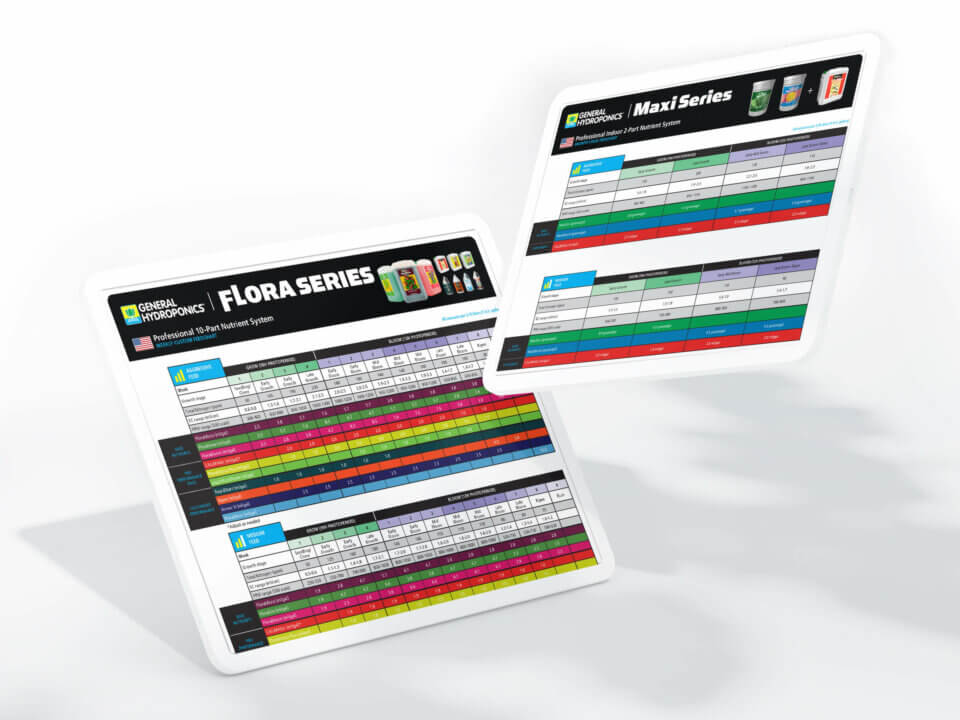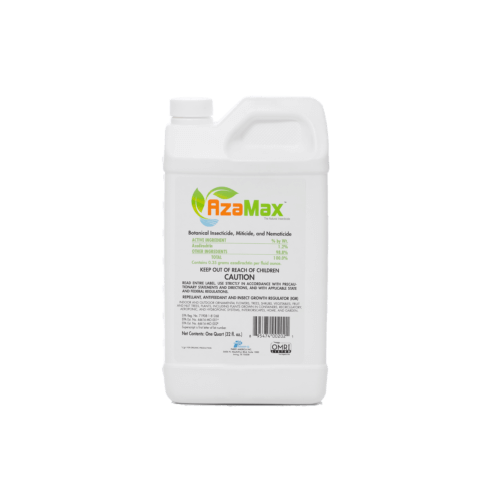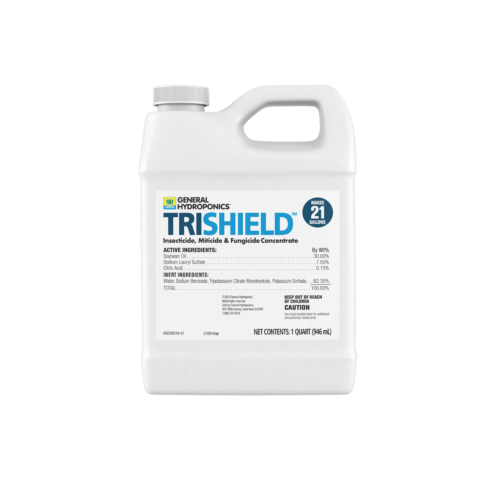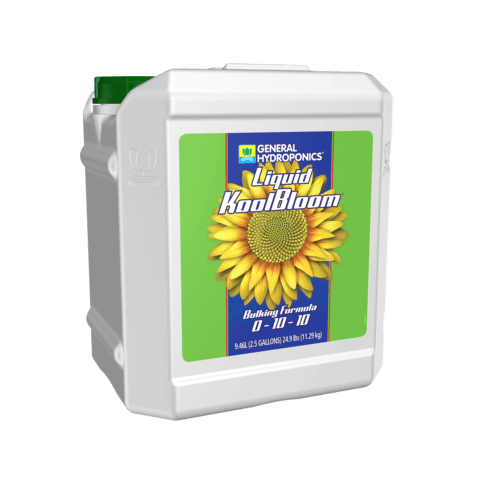Defguard®
Biofungicide / Bactericide General HydroponicsAn IPM foundational product, this broad spectrum biofungicide has been extensively tested and used across many plant types.
Available sizes
- 1 Pint SKU: HGC722076
- 1 Quart SKU: HGC722077
- 1 Gallon SKU: HGC722078
- 2.5 Gallon SKU: HGC722079
An IPM foundational product, this broad spectrum biofungicide has been extensively tested and used across many plant types.
Controls powdery mildew, botrytis, and some pythium
For use with
Pests *
- Botrytis
- Powdery Mildew
- Some Pythium
- More (see label)
Plants **
- Vegetables
- Herbs
- Fruits
- Flowers
- Other high value crops
Resources
* This is not a product label. See product label for full details on targeted pests including information on orders, families, genus and species controlled or suppressed. It is a violation of Federal law to use this product in a manner inconsistent with its labeling. Read all Directions for Use carefully before purchasing and/or applying. ** Not approved for use on tobacco and field crop use in California
Grow like a pro
Explore the most comprehensive offering of commercial growing solutions tailored to support your entire operation end-to-end and get the greatest possible returns while staying one step ahead of the competition.
Getting started
Learn from the best
FAQs
-
Our Feedchart Usage Guide explains how to interpret and use General Hydroponics® Pro Feedcharts. It is intended as a companion piece to General Hydroponics® Pro feedcharts for FloraPro®, FloraSeries®, and Maxi Series™.
-
Absolutely! All of our nutrient blends contain the necessary elements for plant growth. Start with the formula ratios identified on the label for the specific plant or crop you are growing, and then adjust and experiment until you find the right formula for your specific need.
For further information, refer to our feedcharts.
-
pH is a measure of the hydronium ion H3O+. It is based on a logarithmic scale from 0 to 14. “Pure” water has a pH of 7.0. If the pH is less than 7, the solution is acid. If the pH is greater than 7 it is alkaline. Because the scale is logarithmic and not linear, a pH of 6 indicates ten times more H protons than a pH of 7, and a pH of 5 indicates 10 times more protons than a pH of 6.
-
Ventilation is often overlooked as a problem. Plants absorb nutrients when the water molecules in the leaves respire (i.e. evaporate). Better ventilation aids a high transpiration rate, which translates into a greater rate of nutrient uptake. Remember that ventilation means changing the air, not just blowing it around the room (circulation).
-
pH is important because it affects availability and absorption of several of the 16 atomic elements needed for plant growth. Maximum absorption of these elements is found at pH readings 5.5 to 6.5. When pH falls below this range many of the macro elements (N, P, K) have less availability, and absorption of the micro nutrients can reach toxic levels.
-
Water containing too much calcium and magnesium (called “total Hardness”) may create serious problems. Contact your municipal water supplier who can provide you with an analysis of your water supply. If you are using well water, many laboratories can provide you with an analysis if you send them a sample. If the dissolved salts in your water supply measure 200 ppm or more, we strongly recommend that you obtain a water analysis to determine calcium content. Excessive calcium is the main factor in determining if your water is hard. If an analysis of your water supply reveals that the Calcium content of your water supply is greater than 70 ppm (mg/liter) you should use Hardwater FloraMicro. Hardwater FloraMicro provides rapidly growing plants with a combination of chelated micro nutrients uniquely formulated for hardwater conditions. Other options are to collect rainwater, install a reverse osmosis filtration system, or use purified water. Do not use mineral or “spring” water, which can unbalance the nutrient solution, or even be toxic to plants.














